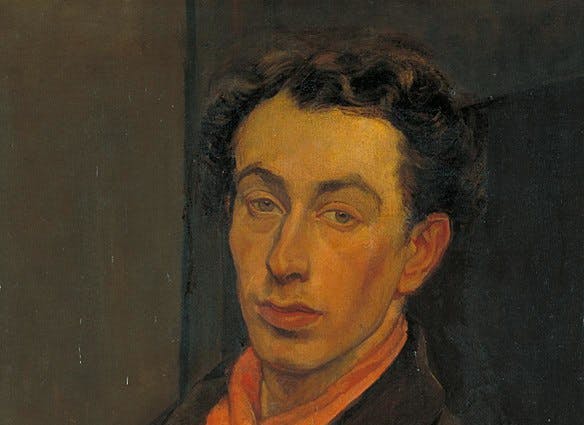
Trump Was Right About Tariffs
By LAWRENCE KUDLOW
|The first of Phil Klay’s selection of five war poems for this week that ends with Veterans Day on November 11.

Already have a subscription? Sign in to continue reading
$0.01/day for 60 days
Cancel anytime
By continuing you agree to our Privacy Policy and Terms of Service.

By LAWRENCE KUDLOW
|
By HOLLIE McKAY
|
By JOSEPH CURL
|
By THE NEW YORK SUN
|
By A.R. HOFFMAN
|
By JOSEPH CURL
|
By DONALD KIRK
|
By LUKE FUNK
|